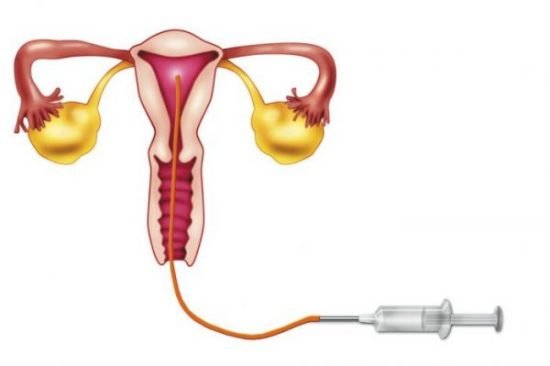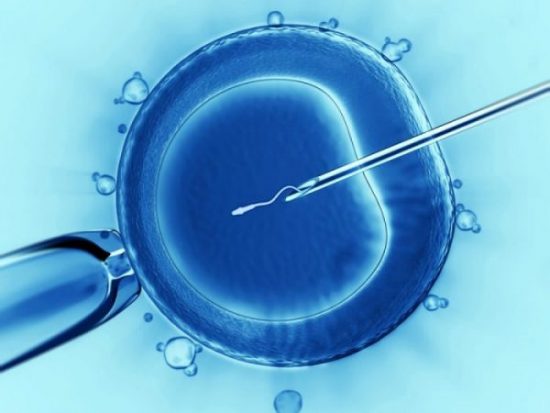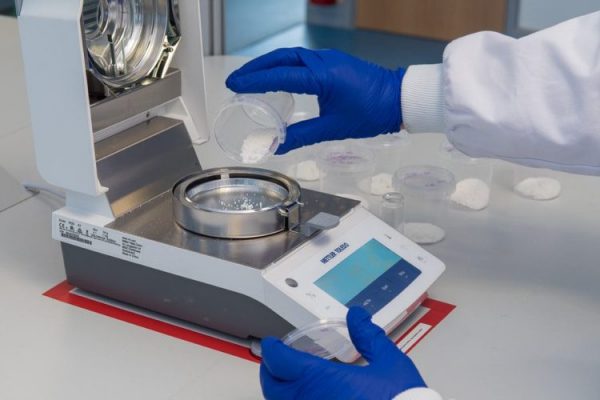ABOUT ARTIFICIAL INSEMINATION
Artificial insemination is the direct insertion of sperm into a woman’s uterus, cervix, or fallopian tubes with the aim of achieving pregnancy. By directly inserting the sperm, it makes easier for the sperm to travel and fertilize the egg.
Artificial insemination can help women who have had difficulty conceiving through sexual intercourse and whose partners have been shown to have low-motility sperm, a low sperm count or other fertility issues. It is also an option for women suffering with endometriosis or other abnormalities in their reproductive organs.
There are different types of artificial insemination which include intrauterine insemination (IUI) and intracervical insemination (ICI). Intrauterine insemination is the most popular and efficient type of artificial insemination and involves inserting the washed sperm into the uterus using a catheter. Intracervical insemination involves injecting unwashed sperm into the cervix with a syringe.
Some patients may receive artificial insemination in conjunction with hormonal injections to optimizes their chances of achieving pregnancy. If artificial insemination is not successful, patients may want to explore alternative options such as in vitro fertilization (IVF).
Recommended for
- Women having difficulty conceiving through intercourse
- Low-motility sperm
- Low sperm count
- Endometriosis
- Abnormalities with reproductive organs
TIME REQUIREMENTS
- Average length of stay abroad: 5 – 7 days.
- Number of trips abroad needed: 1.

COMPARE ARTIFICIAL INSEMINATION PRICES AROUND THE WORLD
| Country | Cost |
|---|---|
| Mexico | 1032€ |
| Turkey | 800€ |
| Spain | 600€ |
| Tunisia | 500€ |
| Morocco | 285€ |
| Malaysia | 206€ |
HOW TO FIND QUALITY TREATMENT ABROAD
BEFORE ARTIFICIAL INSEMINATION ABROAD
Before artificial insemination, the doctor will conduct a number of tests to monitor the patient’s uterus and pinpoint the time when conception is most likely. The overall health of the fallopian tubes, ovaries, and womb are usually examined via laparoscopy, ultrasound scan or X-ray.
If using partner sperm, the partner will be asked to provide a semen sample when the woman is ovulating. Most doctors will ask that the man abstains from sex or masturbation for between 2 and 5 days ahead of the procedure to improve sperm count. If IUI is being performed, then the sample is “washed” or processed in a laboratory, which aims to portion out the healthiest sperm for use in the process.
If using donor sperm, the artificial insemination will be performed when the woman is ovulating, using thawed sperm or fresh donor sperm.
HOW IS IT PERFORMED
If IUI is being performed, the processed sperm are placed in a catheter which is through the vaginal canal and cervix, and into the uterus.
If ICI is being performed, then the sperm are placed into a syringe which is injected into the cervix.
After insemination, the woman should lie down for up to an hour, to increase the chance of a successful conception.
Procedure duration
The Artificial Insemination takes 15 to 60 minutes.

Possible discomfort
Some women experience some minor cramping and some spotting.
IMPORTANT THINGS TO KNOW ABOUT ARTIFICIAL INSEMINATION
Success rates
Success rates vary, and are dependent on a number of factors, primarily egg and sperm quality, but also presence of endometriosis, age, and general health.














